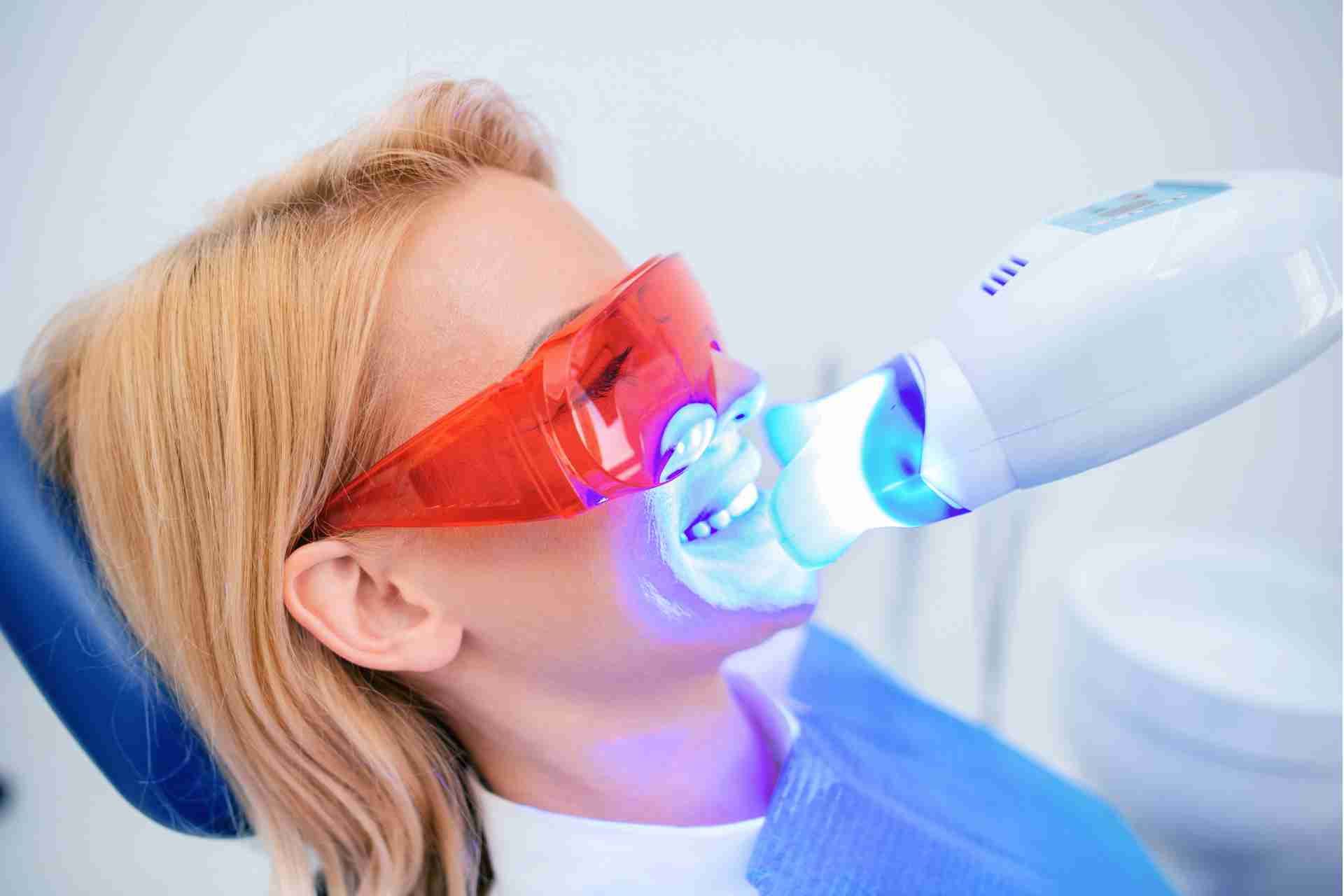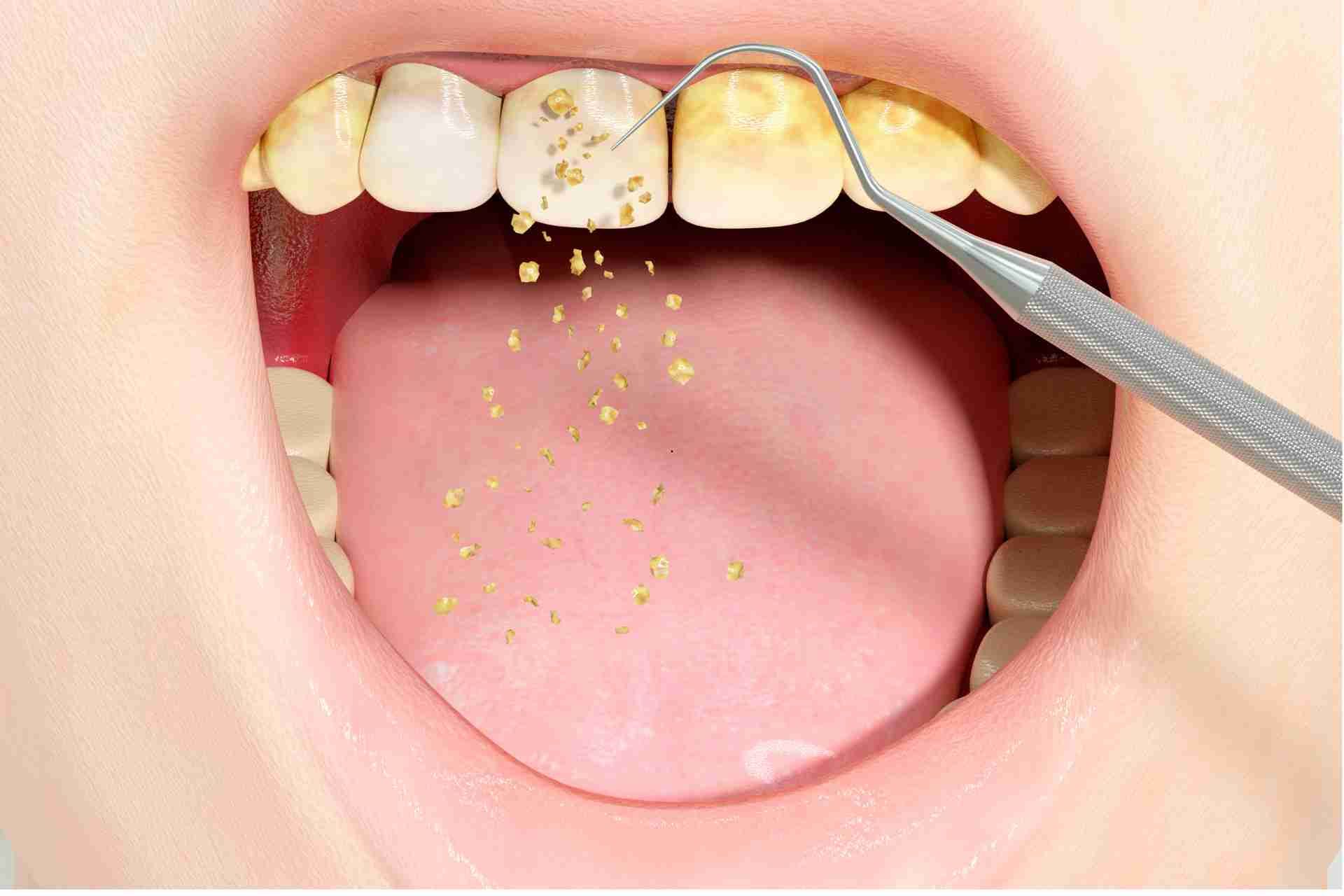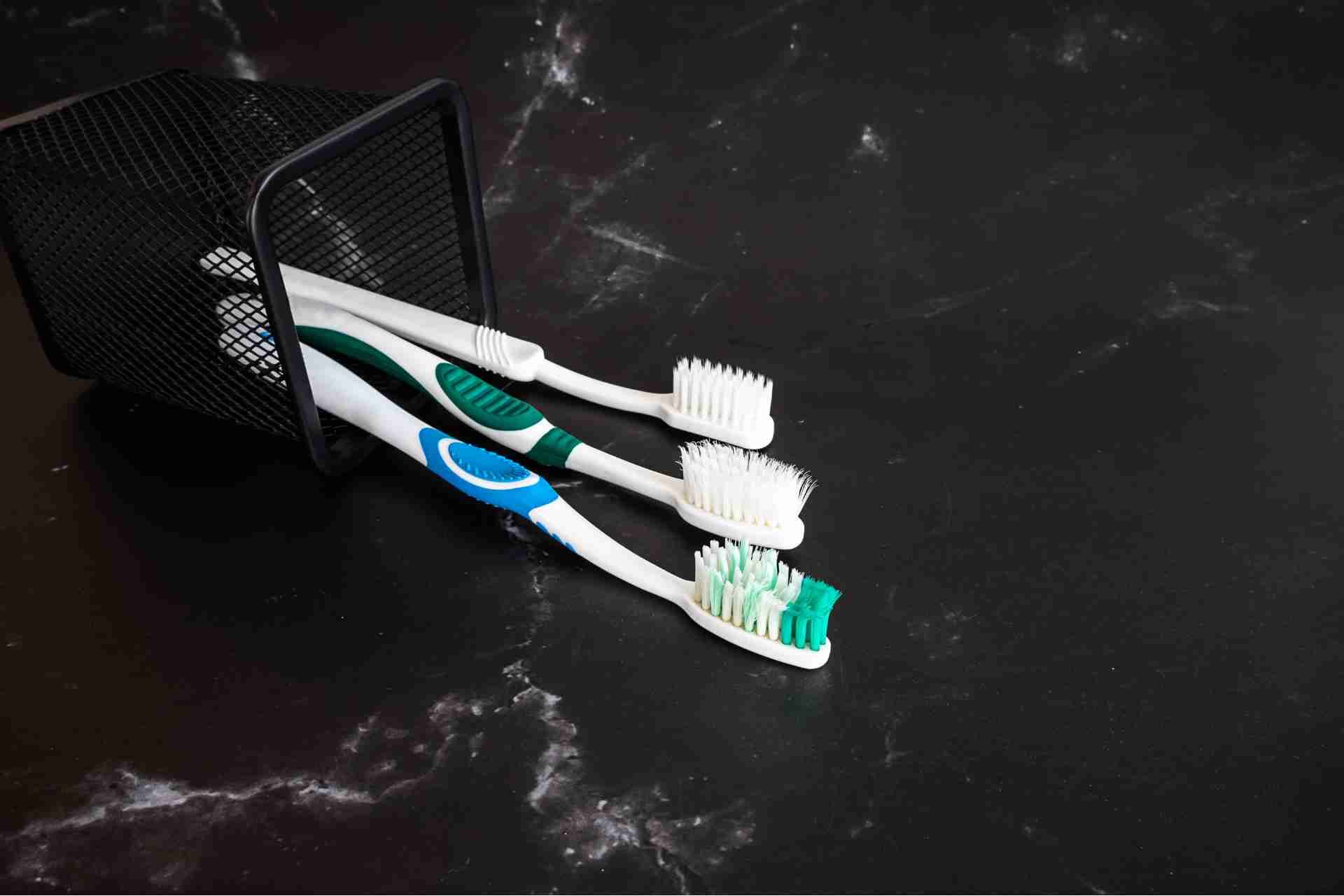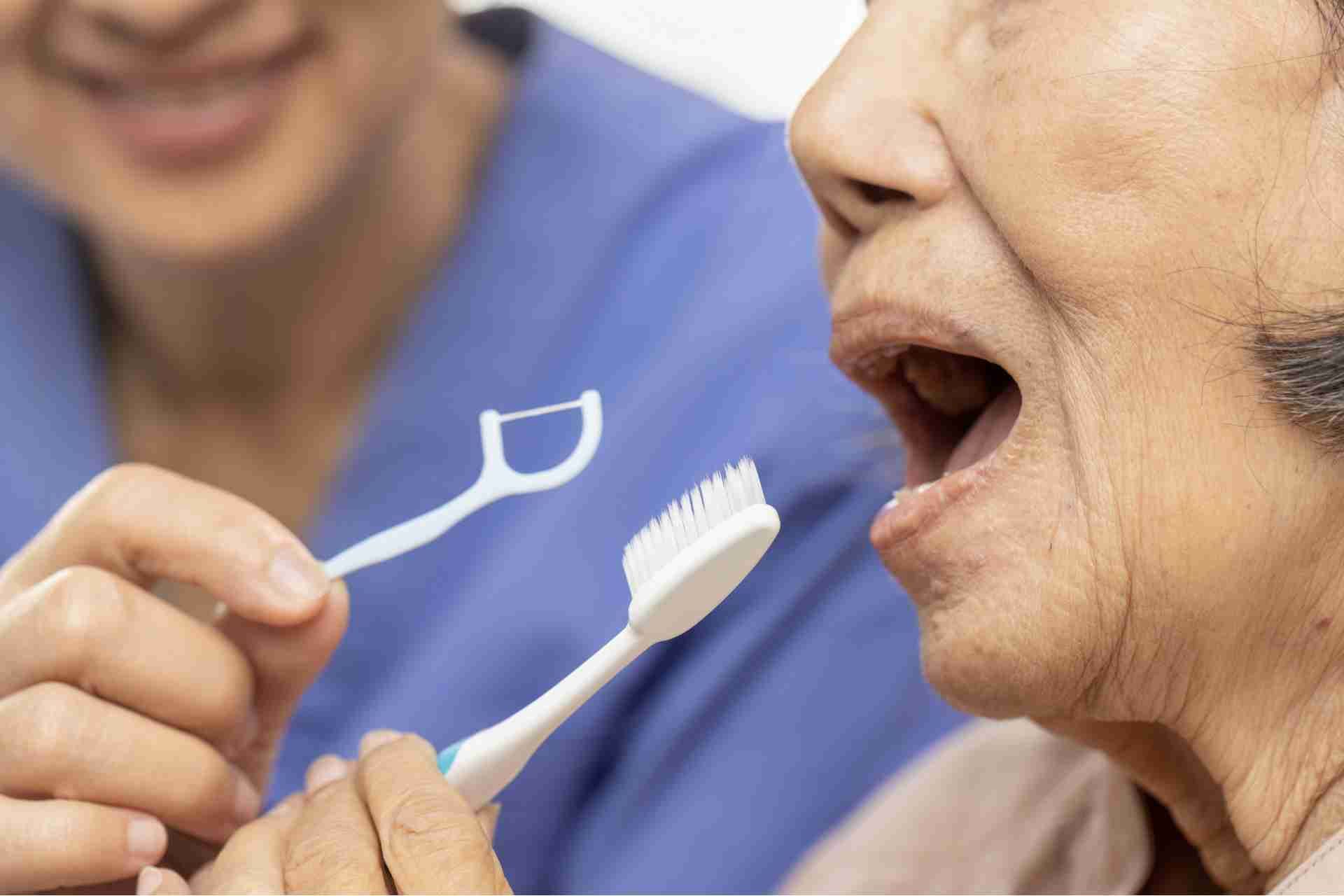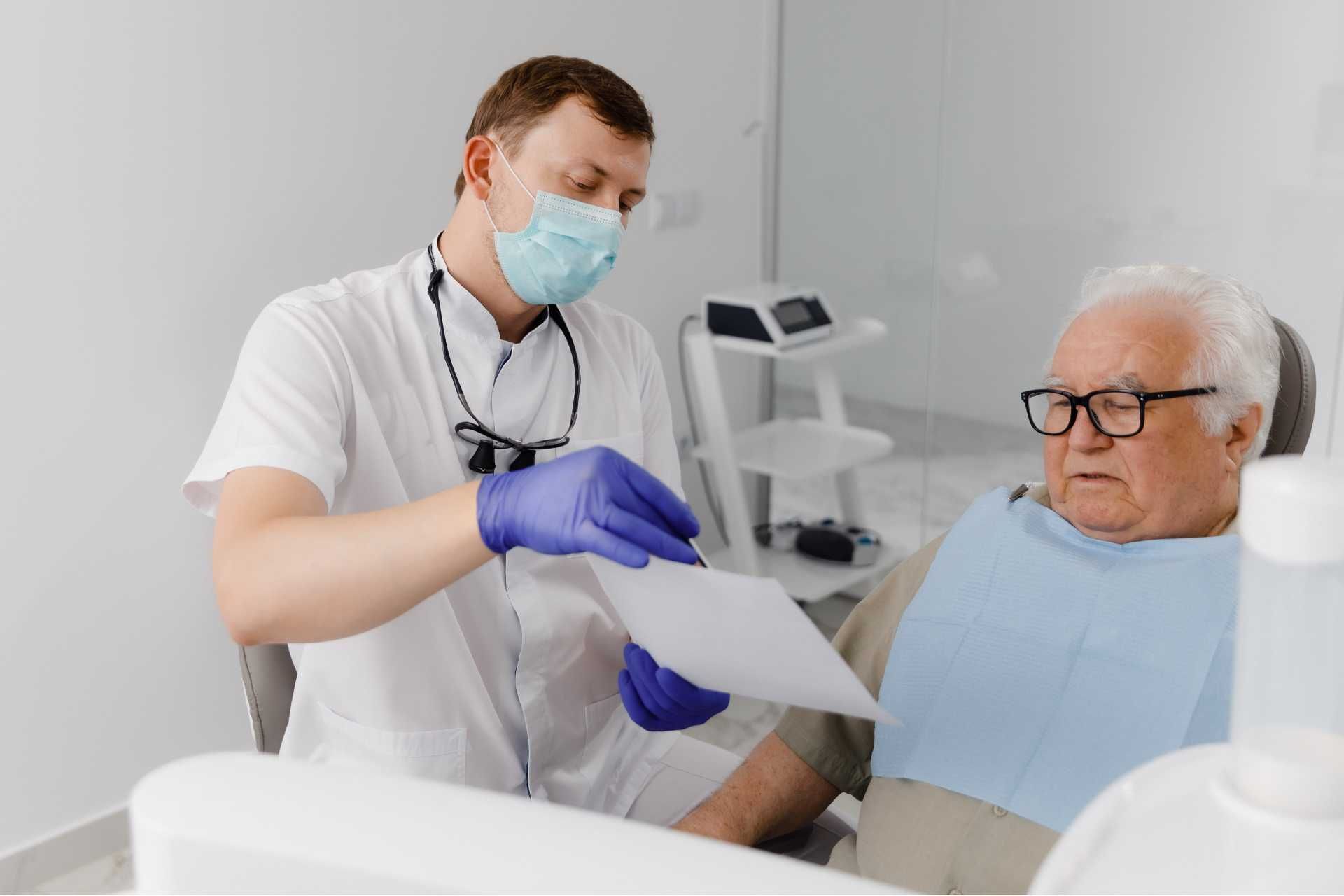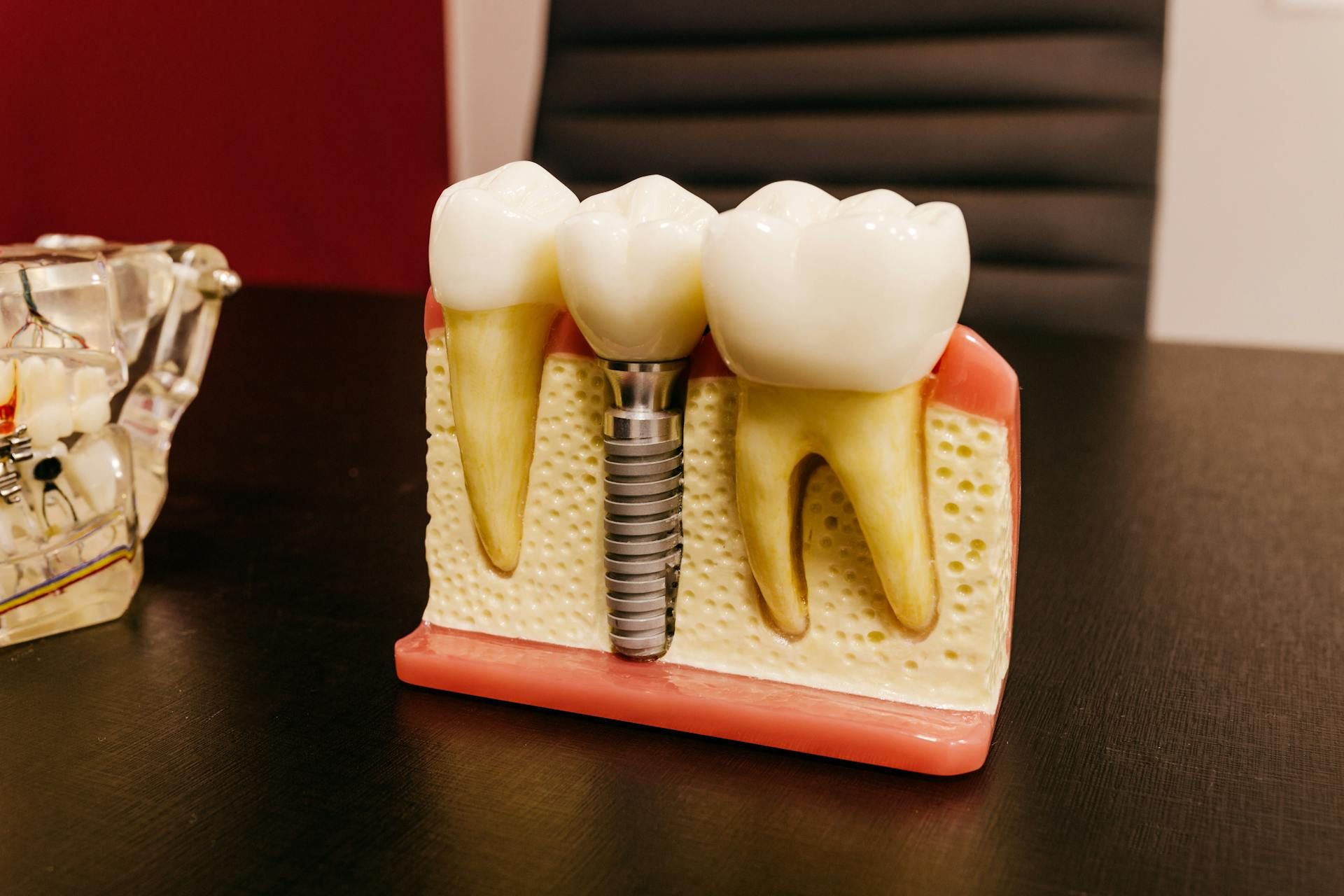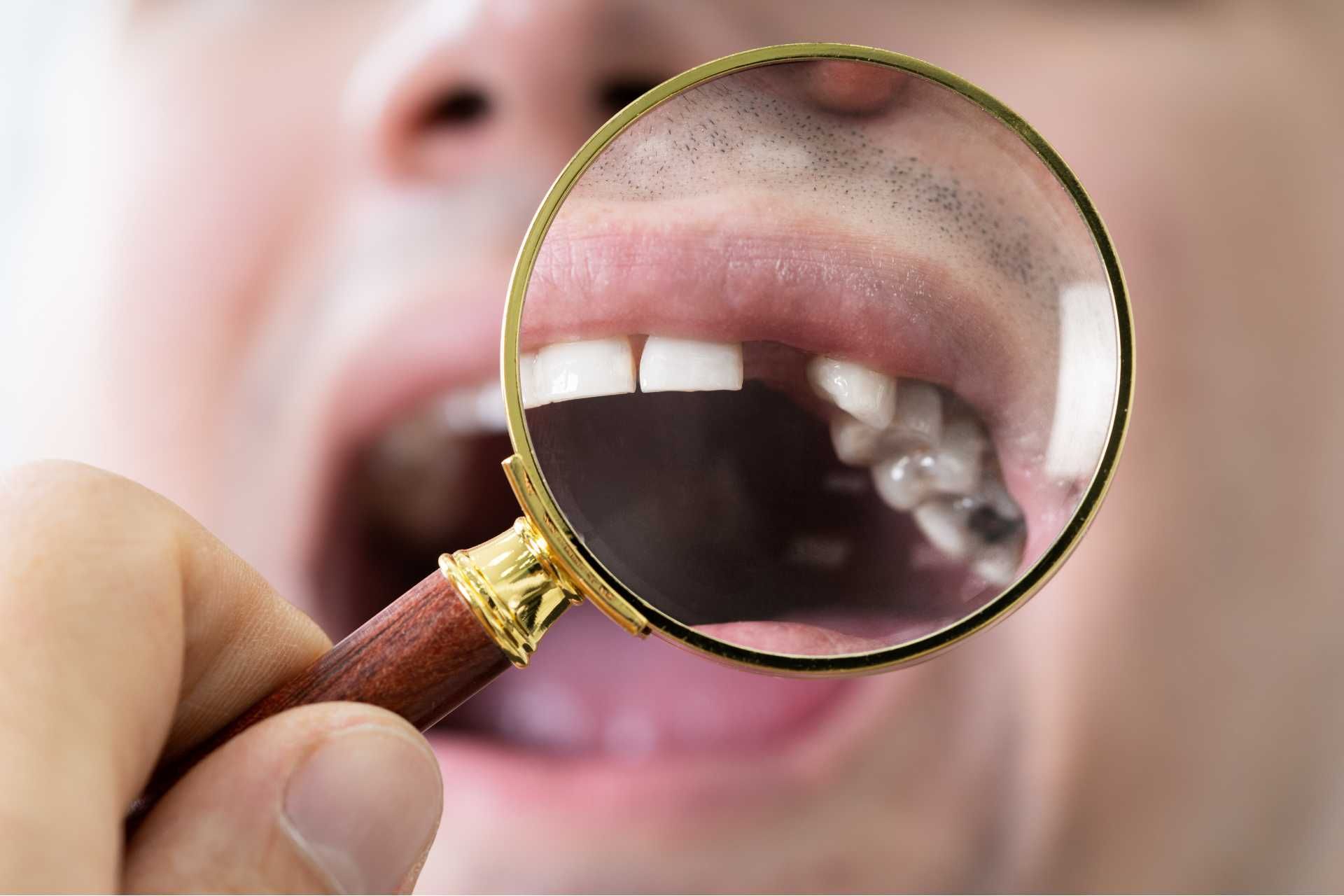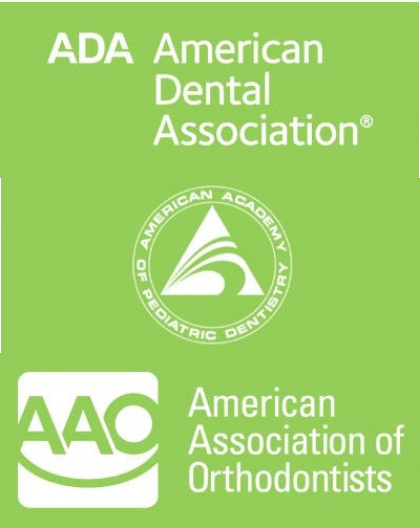Dental Care for Seniors: What you Need to Know
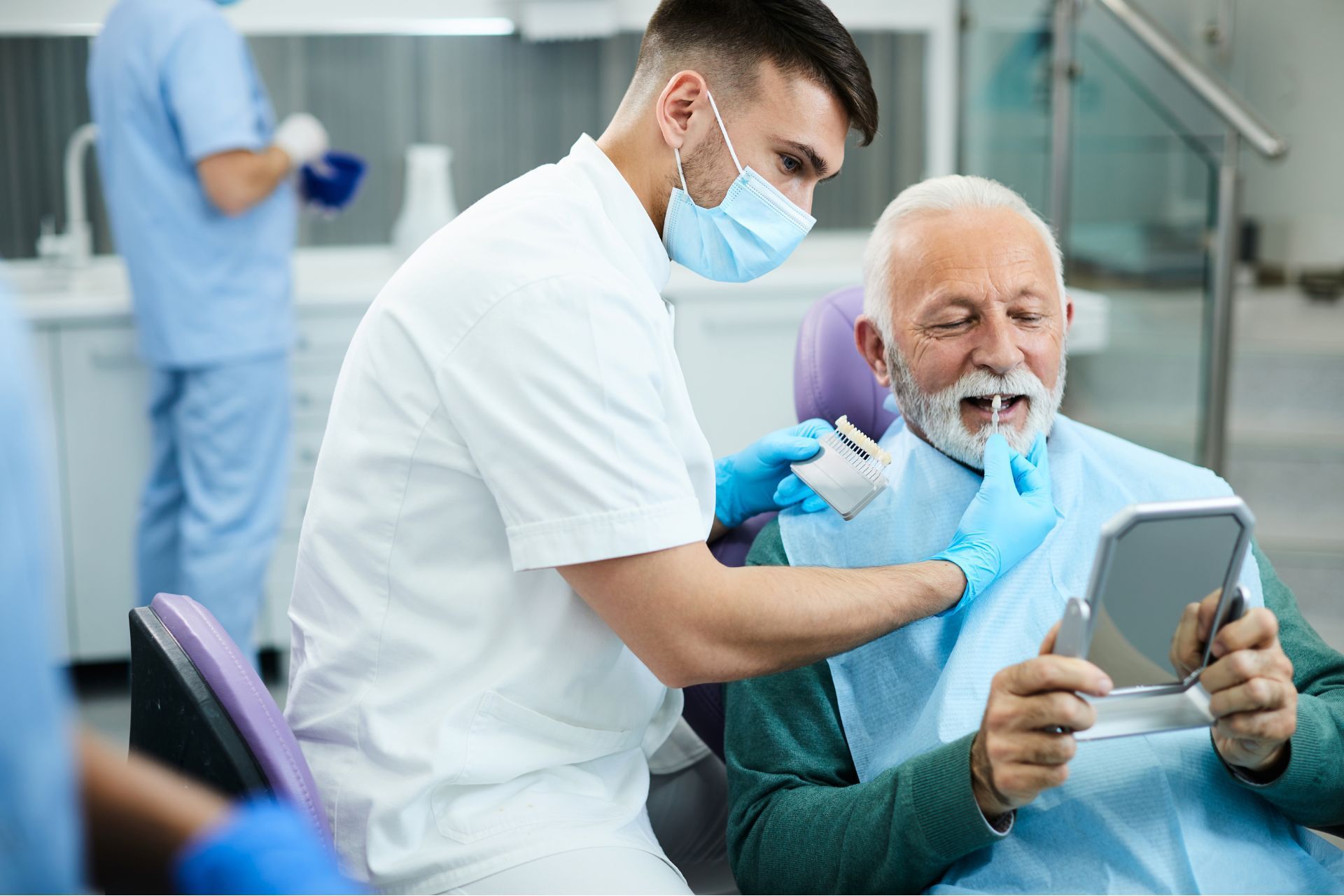
As we age, it's important to pay special attention to our dental health. Many seniors may face unique challenges when it comes to maintaining good oral hygiene, such as age-related conditions that can impact oral health or difficulty accessing dental care.
In this blog post, we will discuss the importance of dental care for seniors and provide tips on how to keep your smile healthy as you age. From regular dental check-ups to proper oral hygiene habits, there are steps seniors can take to ensure their teeth and gums stay healthy in the golden years. Stay tuned for expert advice and helpful information on how to prioritize your dental health as a senior.
Here are some important things seniors need to know about dental care:
Regular dental visits are essential
One of the main reasons why regular dental visits are crucial for seniors is the increased risk of dental problems that comes with age. As we get older, we become more susceptible to issues such as tooth decay, gum disease, and oral cancer. Regular dental check-ups can help catch these problems early on, preventing them from progressing and causing more serious complications in the future.
Another important reason for seniors to visit the dentist regularly is the potential impact of oral health on overall health. Poor oral health has been linked to various health issues such as heart disease, diabetes, and respiratory infections. By taking care of their teeth and gums, seniors can reduce their risk of developing these systemic health problems.
Regular dental visits also provide an opportunity for seniors to receive personalized oral health advice and recommendations from their dentist. Dentists can help seniors address any specific concerns they may have, such as denture care, dry mouth, or sensitive teeth. Additionally, dentists can provide guidance on proper oral hygiene techniques and recommend appropriate dental products for seniors.
Regular dental visits can help seniors maintain their quality of life. Good oral health is essential for eating, speaking, and smiling confidently. By keeping their teeth and gums healthy, seniors can continue to enjoy their favorite foods, communicate effectively, and feel good about their appearance.
Brush and floss daily
As we get older, our bodies undergo changes that can impact our oral health. Medications, dry mouth, and reduced saliva production can all contribute to an increased risk of dental problems. Therefore, it is crucial for seniors to prioritize their oral hygiene routine in order to prevent these issues from arising.
Brushing and flossing daily is the foundation of good oral hygiene. Brushing helps to remove plaque, a sticky film of bacteria that can cause cavities and gum disease. It is recommended to brush at least twice a day, using a soft-bristled toothbrush and fluoride toothpaste. Make sure to brush all surfaces of the teeth, including the back and sides, as well as the tongue.
Flossing is just as important as brushing, as it helps to remove plaque and food particles from between the teeth where a toothbrush can't reach. Seniors should aim to floss once a day, using a gentle back-and-forth motion to clean between each tooth.
In addition to regular brushing and flossing, seniors should also visit their dentist regularly for check-ups and cleanings. Dentists can detect oral health issues early on and provide personalized recommendations for maintaining good oral hygiene. Seniors with dentures should also make sure to clean their dentures regularly and visit their dentist for adjustments if needed.
Maintaining a healthy lifestyle, including a balanced diet and regular exercise, can also contribute to good oral health. Avoiding sugary foods and drinks, quitting smoking, and limiting alcohol consumption can all help to prevent dental problems.
Be mindful of your diet
Proper nutrition plays a crucial role in maintaining strong and healthy teeth and gums. As we grow older, our bodies may not absorb nutrients as efficiently as they once did, so it's essential to be mindful of our diet to ensure we are getting the vitamins and minerals necessary for good oral health.
One of the key nutrients for maintaining healthy teeth and gums is calcium. Calcium helps to strengthen the bones in our jaw and teeth, preventing tooth loss and decay. Seniors should ensure they are getting enough calcium in their diet through foods such as dairy products, leafy greens, and fortified foods.
Another important nutrient for oral health is vitamin D, which helps the body absorb calcium and promotes healthy teeth and gums. Seniors can increase their vitamin D intake through foods such as fatty fish, egg yolks, and fortified foods, as well as spending time in the sun.
Antioxidants, such as vitamin C and vitamin E, are also essential for maintaining oral health. These nutrients help to protect the gums and prevent inflammation and infection. Seniors should include plenty of fruits and vegetables in their diet to ensure they are getting an adequate amount of antioxidants.
In addition to nutrient-rich foods, seniors should also be mindful of the types of foods they are consuming. Sugary and acidic foods can contribute to tooth decay and gum disease, so it's important to limit the consumption of sugary snacks and beverages. Instead, opt for healthy snacks such as fruits, vegetables, and nuts.
Proper hydration is also crucial for oral health, as it helps to wash away food particles and bacteria that can lead to tooth decay. Seniors should aim to drink plenty of water throughout the day to keep their mouths clean and hydrated.
Consider dentures or dental implants
Dentures are removable appliances that replace missing teeth and surrounding tissues. They can be a great option for seniors who have lost several teeth or have widespread dental issues. Dentures can restore your ability to eat, speak, and smile with confidence. They are also relatively affordable compared to other dental solutions.
On the other hand, dental implants are a more permanent and natural-looking option for replacing missing teeth. Implants are surgically placed in the jawbone and act as artificial tooth roots, providing a stable foundation for crowns, bridges, or dentures. While dental implants are a more costly investment than dentures, many seniors find them to be the most comfortable and effective long-term solution.
When considering dentures or dental implants for seniors, it's important to consult with a trusted dentist who can help you determine the best option for your specific needs. They can evaluate the condition of your teeth and gums, discuss your oral health goals, and recommend the most suitable treatment plan.
It's also important to consider the potential benefits of dentures or dental implants for seniors. These dental solutions can improve your ability to chew and digest food, enhance your speech and communication, and boost your self-confidence and overall quality of life. By restoring your smile and oral health, you can continue to enjoy your favorite foods, socialize with friends and family, and maintain your independence as you age.
Pay attention to dry mouth
There are several causes of dry mouth in seniors, including certain medications, medical conditions, and lifestyle factors. Medications are a common culprit, as many prescription drugs can decrease saliva production as a side effect. Medical conditions such as diabetes, Sjogren's syndrome, and Parkinson's disease can also contribute to dry mouth. In addition, smoking, excessive alcohol consumption, and mouth breathing can all exacerbate the problem.
Dry mouth may seem like a minor inconvenience, but it can lead to a variety of health issues if left untreated. Saliva plays a crucial role in maintaining oral health by helping to cleanse the mouth, neutralize acids, and prevent tooth decay. When saliva production is reduced, seniors may be more prone to cavities, gum disease, and oral infections. Dry mouth can also make it difficult to chew, swallow, and speak properly, which can impact a senior's ability to eat a healthy diet and communicate effectively.
In addition to affecting oral health, dry mouth can also have broader health implications. Without enough saliva to wash away bacteria, seniors with dry mouth may be at a higher risk for respiratory infections, pneumonia, and other respiratory problems. Dry mouth can also contribute to bad breath, which can be embarrassing and socially isolating for seniors.
If you are a senior experiencing dry mouth, it is important to seek help from a healthcare professional. Your doctor or dentist can help determine the underlying cause of your dry mouth and recommend appropriate treatment options. In some cases, adjusting medications or managing underlying medical conditions may help improve saliva production. In other cases, your healthcare provider may recommend lifestyle changes, such as quitting smoking or using a humidifier, to alleviate dry mouth symptoms.
In the meantime, there are steps you can take at home to manage dry mouth. Drinking plenty of water throughout the day can help keep the mouth moist and promote saliva production. Chewing sugar-free gum or sucking on sugar-free candies can also stimulate saliva flow. Avoiding caffeine, alcohol, and tobacco can help reduce dry mouth symptoms. Using a humidifier in your home can also help the air moist, which can alleviate dry mouth.
Practice good oral hygiene habits
In addition to brushing and flossing, seniors should also practice good oral hygiene habits such as using mouthwash, cleaning dentures properly, and replacing toothbrushes regularly.
Seek emergency dental care when needed
If you experience dental pain, swelling, or other concerning symptoms, it is important to seek emergency dental care as soon as possible.
Visiting
Pennington Orthodontics & Pediatric Dentistry for dental care as a senior is a wise choice. Our dentists, comprehensive services, and personalized approach make them a top choice for seniors looking to maintain and improve their dental health. Don't wait any longer -
schedule your dental appointment today and take the first step towards a healthier smile!
